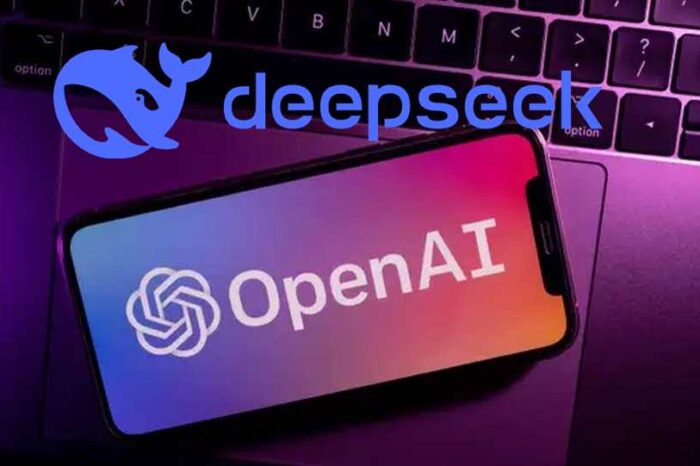OpenAI to develop AI-powered device aimed at replacing smartphones

OpenAI is planning to develop a dedicated AI-powered device designed to replace smartphones. CEO Sam Altman confirmed in an interview on Sunday that the company is working on AI-specific hardware that could redefine how we interact with technology.
“OpenAI is looking to develop an artificial intelligence-specific device — a move that could bring the largest disruption to tech hardware since the 2007 launch of the iPhone,” Nikkei Asia reported on Monday.
Speaking with Japan’s Nihon Keizai Shimbun, Altman said OpenAI is developing a dedicated AI device. He hinted at a partnership with Jony Ive, the former Apple design chief, to bring the concept to life.
“We hope to do it in partnership,” Altman told Nikkei on January 27. He is currently in Japan and is scheduled to meet Prime Minister Shigeru Ishiba on Monday.
This follows reports from September 2024 that OpenAI had teamed up with Ive and Laurene Powell Jobs on a secretive AI device. If the project moves forward, it would mark Ive’s most significant venture in tech since leaving Apple.
Altman went on to say that “AI needs a new terminal because it changes the way it interacts with computers from the ground up,” adding, “Voice (manipulation) will be the key.”
He said that China’s progress in AI is narrowing the gap with the United States. Speaking about Chinese AI startup DeepSeek, he noted that China’s capabilities are “significantly catching up with the United States.”
Altman also raised concerns about the potential misuse of AI, warning that if China and other nations take the lead in development, “authoritarian countries can abuse AI to strengthen their systems,” including for military purposes.
Is OpenAI’s New AI Device the Future of Smartphones?
According to Nihon Keizai Shimbun, OpenAI is not only working on this AI device but is also planning to develop its own semiconductors. This suggests the company is looking to optimize both hardware and software for AI-driven experiences.
Altman believes AI demands a different kind of interface—one that moves beyond touchscreens. “AI needs a new terminal because it changes the way people interact with computers from the ground up,” he said. “Voice will be the key.”
Apple revolutionized how users interacted with devices by making touchscreens the standard. OpenAI appears to be taking a different route, aiming to establish voice as the primary input method for AI-driven interactions.
Meanwhile, OpenAI has joined forces with SoftBank Group and Oracle in the AI Stargate initiative, a $500 billion effort announced last month.
Altman also weighed in on the global AI landscape, pointing to China’s progress. He noted that Chinese AI startup Dipsyk is “significantly catching up with the United States” and warned that authoritarian governments could exploit AI for military purposes and control.
Why does this matter? OpenAI is already collaborating with Apple to integrate ChatGPT into the iPhone 16, but Altman and Ive’s independent project could reshape how people use AI. If their combined vision takes shape, it might result in hardware that seamlessly blends AI into daily life—something current devices haven’t quite achieved.




